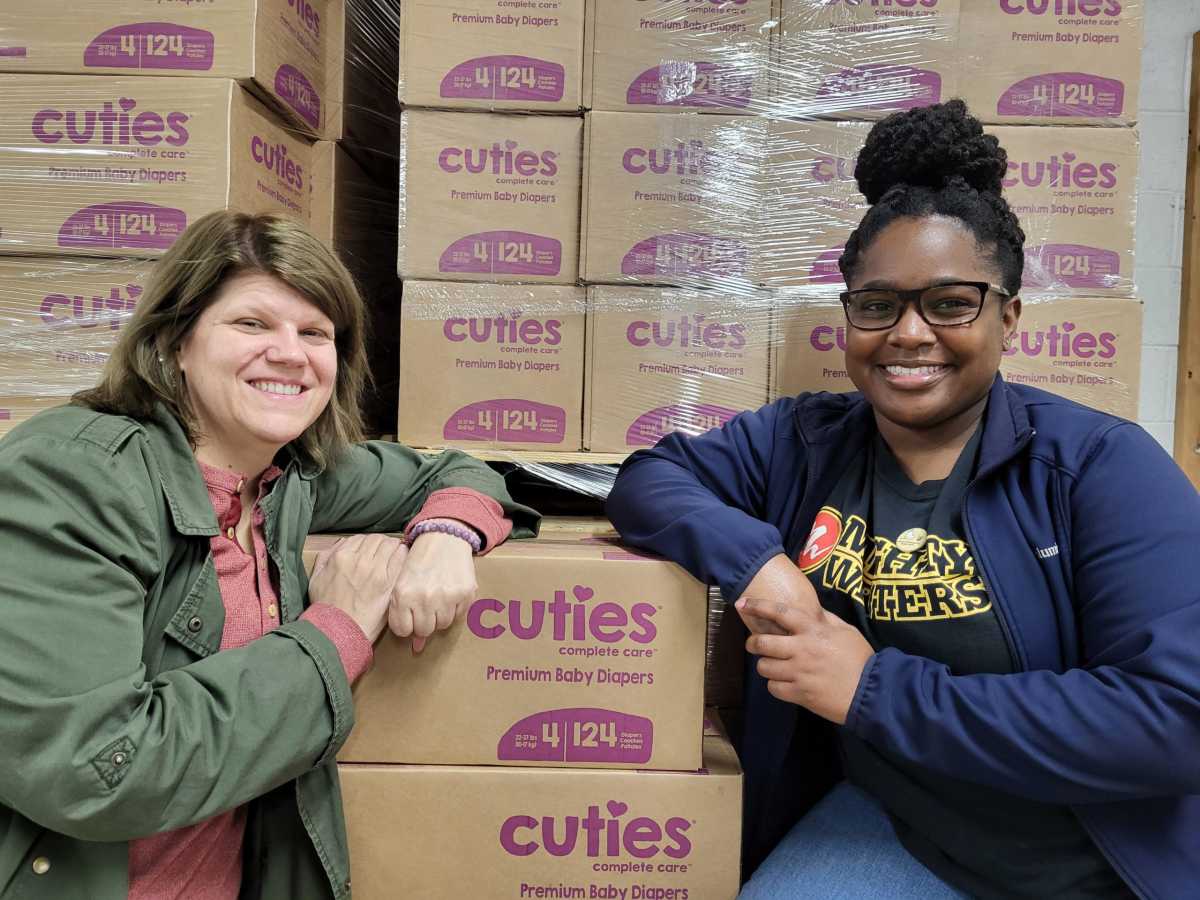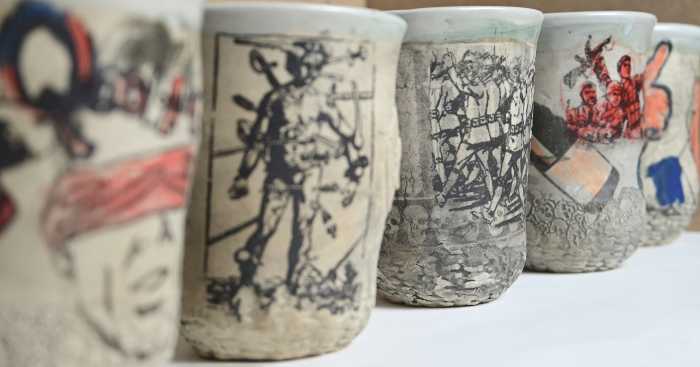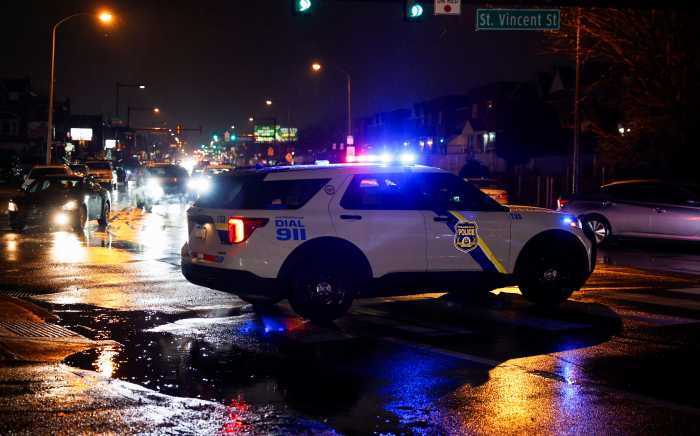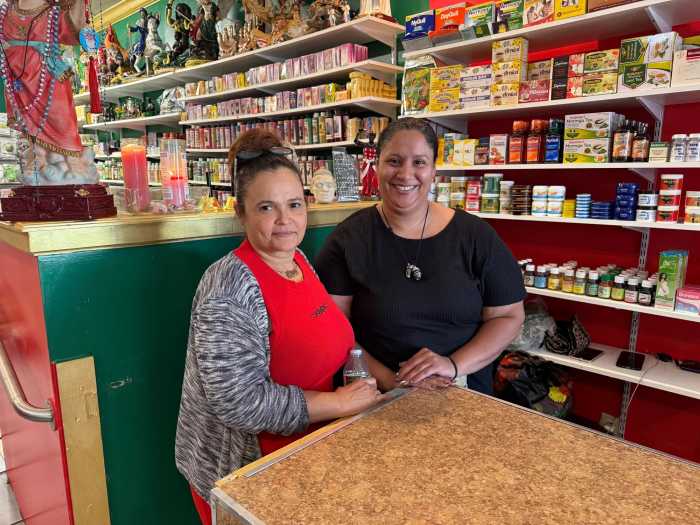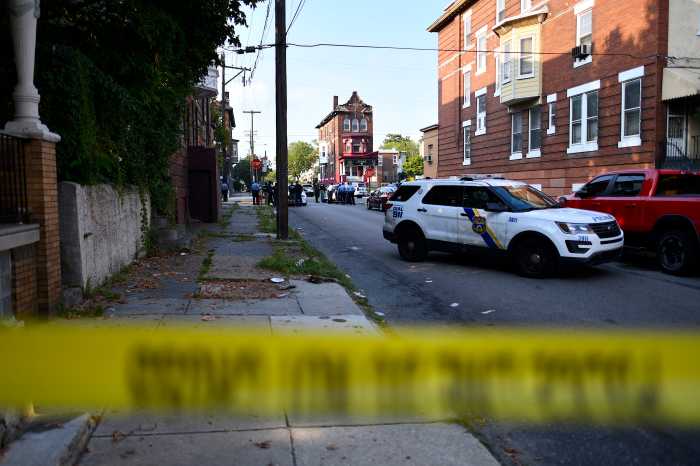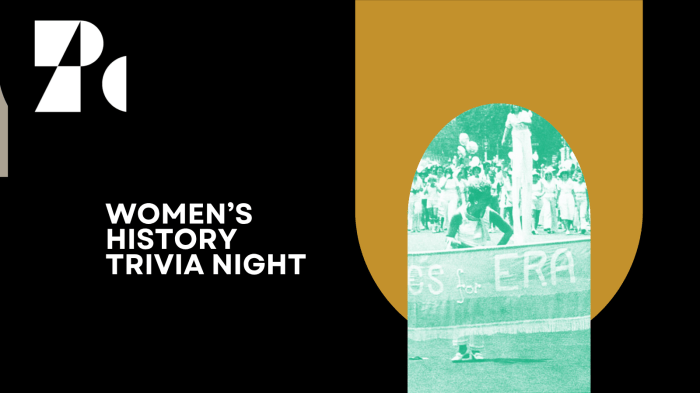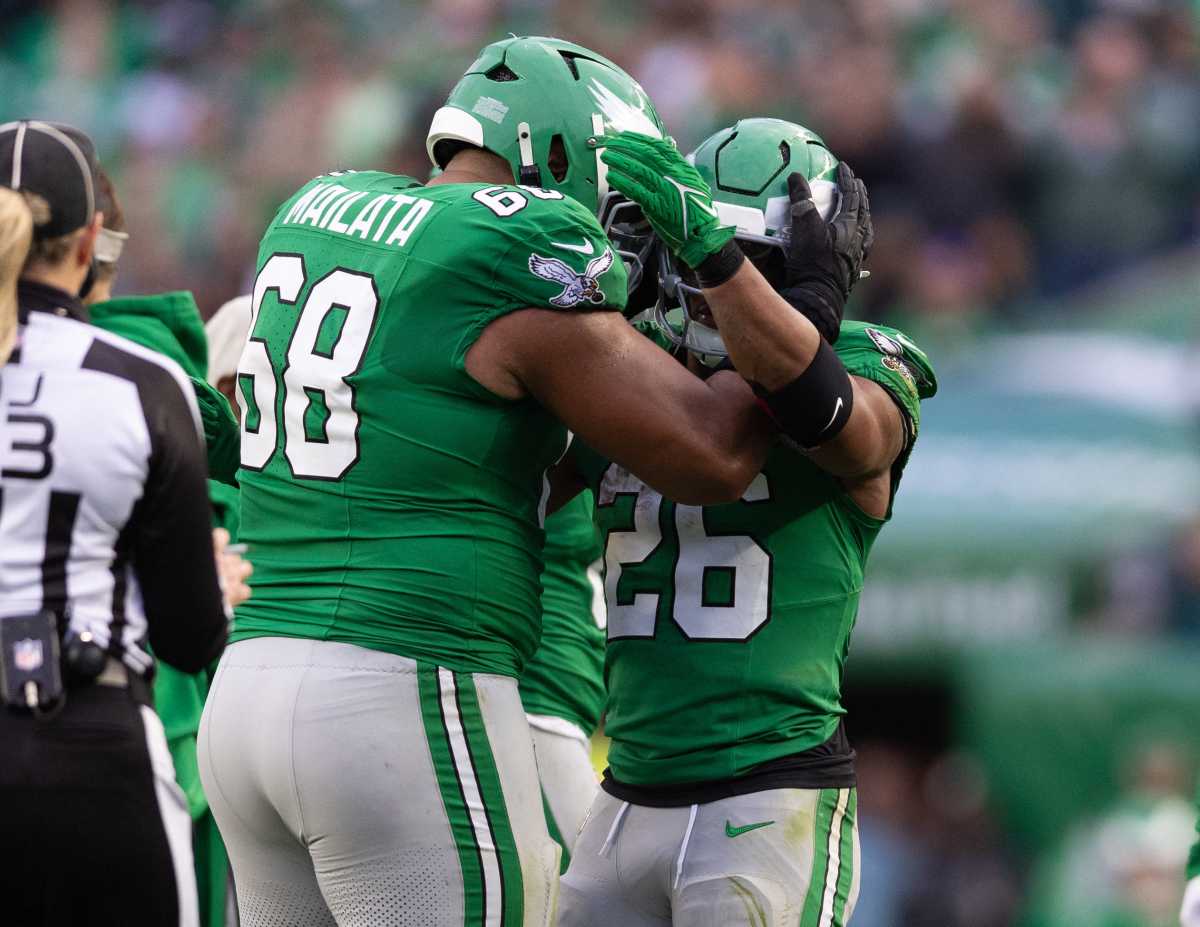On the third Wednesday of each month, Philadelphia families in need of baby diapers, wipes, or sanitary adult-related products, can stop by the MaKen Studios North Building on the 3500 block of I Street to get what they need.
The effort is part of a program merger launched by the youth education nonprofit organization Mighty Writers called The Greater Philadelphia Diaper Bank, which became official in April 2022. However, this is only the second month the program has operated out of its new Kensington location.
Families can stop by the Kensington warehouse and get needed supplies for free without providing their name or presenting I.D.
But communications and events manager Mauri Rapp says that the program started unofficially long before 2022 when retired school teacher and founder Pat Kennedy led this initiative in 2010 out of her garage before seeking succession of the program to get back more personal free time.
“That’s when Mighty Writers came in. When the pandemic hit, they started doing food distribution—and wanted to take on donating diapers as well,” said Rapp. “They saw it as a natural segway helping children from the beginning. If a child isn’t clear or dry, that puts stress on them and their parents. It makes it difficult for them to learn and grow.”
The Greater Philadelphia Diaper Bank, whose overall mission is to ensure that every family member is clean, dry, healthy, and lives with dignity, now works with almost 60 partners to distribute between 2.3 and 2.5 million diapers annually in the Philadelphia region, including in Chester and Schuylkill counties.
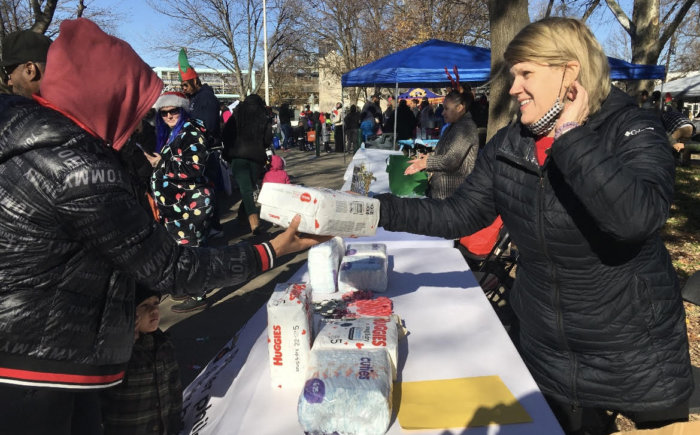
These stats reflect a dramatic increase from pre-pandemic, says operations manager Deneen Newland, where numbers were roughly 800,000 annually donated—until the rise of inflation for goods and services occurred post-pandemic.
According to a Huggies report, most families have a deficit of 25 to 50 diapers per month.
On average, The Greater Philadelphia Diaper Bank states that babies need up to 12 diapers a day to stay clean, dry, and healthy.
A big challenge the program states is that food stamps and WIC programs do not cover diapers, which leaves many Philadelphia families in tough positions between diapers and buying grocery goods.
“The last distribution, we had 40 families show up. So, I think that shows, just in Kensington, how many people are in need,” added Rapp.
With the help of more than 50 partners, that includes the National Diaper Bank Network and Alliance for PERIOD supplies, the Greater Philadelphia Diaper Bank works to extend these annual efforts and is always looking to welcome new volunteers and donations.
“We absolutely love it when people donate money and do diaper drives,” stated Rapp, who says these donations help them purchase diapers and menstrual products in bulk at one-third of the cost of retail. “It helps us add to our supply, get our name out there in the community, and get them to know who we are.”
Newland added, “We are definitely here to stay and are excited for what’s to come.”
For information on how you could donate and help, visit philadelphiadiaperbank.org/donate



